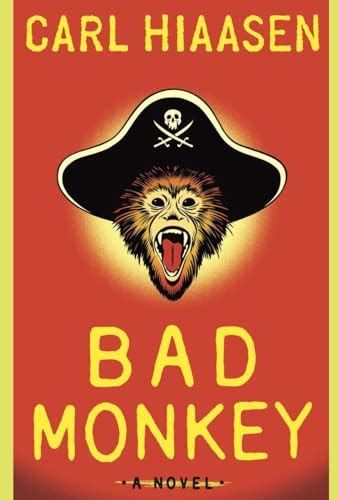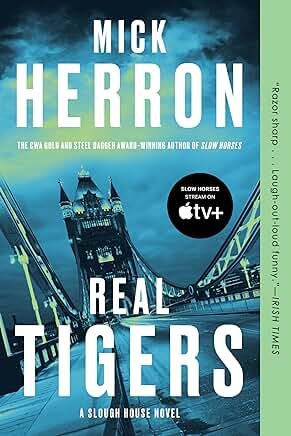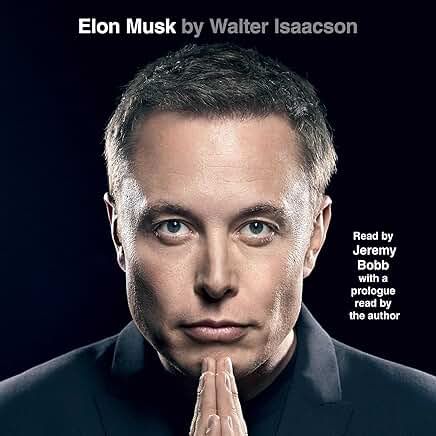What are you reading now?
-
Finished Slough House #2 - for those who have seen the TV show, this is the series which deals with the Russian sleeper agent ("Cicada") and a possible terror threat on London.
TV show was close to the book, for a while. Then, it went in a completely different direction. Actually a bit more satisfying.
Started book #5 of the "Lost Fleet" series. More of the same. I'll wade through this one and the next, just so I can see how the story ends.
-
Started this the other day.
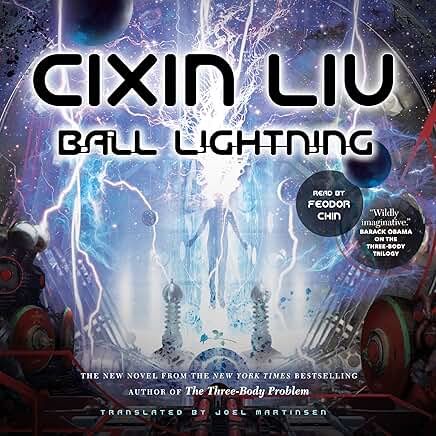
I really enjoyed the "Three Body Problem," but you really need to do the trilogy to get the entire story, with book #2, "The Dark Forest" being the strongest, IMO.
Anyhow, I'm about 10% into this, and it's a bit of a slog. I'll give it a bit more time, but I might bail.
-
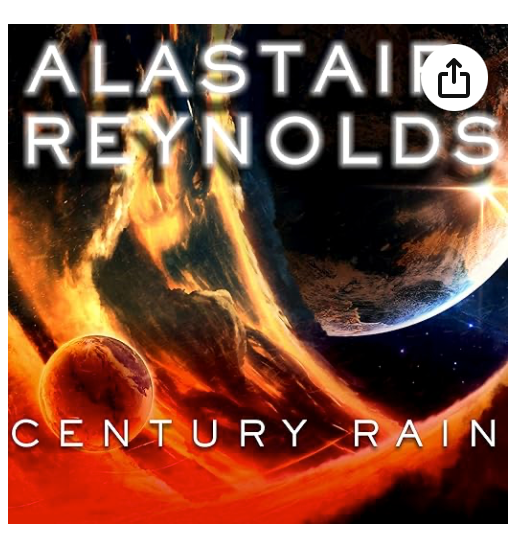
Wendell Floyd is an expatriate American living in an alternative version of 1950s Paris. In this world, the Nazi invasion of France failed, and Hitler was deposed by the German High Command. Without World War II, technology in this world has stagnated at 1930s levels, and Fascist political parties have gained power in France. Floyd is a part-time jazz musician whose career has stalled since his ex-girlfriend, Greta, left Paris to pursue a musical career touring with another jazz band. He and his band-mate André Custine earn a supplemental income working as private detectives. When the novel opens, Floyd and Custine are hired by a concerned landlord to investigate the death of one of his tenants. Blanchard, the landlord, is certain that the death of Susan White, which the Parisian police have written off as an accident, is murder. Floyd is not so certain, but he's willing to investigate.
In a scene seemingly from another novel, Verity Auger finds herself responsible when her archaeology dig beneath the frozen ruins of some far-flung future Paris results in the death of one of her students. During her trial she is caught up in political infighting, and maneuvered into accepting a high risk assignment, without knowing what it entails.
But when she is summoned on a mission to Mars by the top-secret security agency Contingencies, Auger is more than relieved to be exempt from her tribunal and the years of prison that she would otherwise have to face. However, when she is taken to a secret underground base on the Martian moon Phobos containing an ancient alien relic that opens a portal to a distant part of the galaxy, and told that she is to go through it, she begins to have second thoughts about continuing with her mission. Things get even more bizarre when she finds out that at the other end of the portal is an alternative-history version of Earth in the year 1959 – almost 300 years behind her present-day – and that she is to retrieve a tin of documents that was left behind by Susan White, an earlier agent sent to "Earth Two", who died under mysterious circumstances.
-

Wendell Floyd is an expatriate American living in an alternative version of 1950s Paris. In this world, the Nazi invasion of France failed, and Hitler was deposed by the German High Command. Without World War II, technology in this world has stagnated at 1930s levels, and Fascist political parties have gained power in France. Floyd is a part-time jazz musician whose career has stalled since his ex-girlfriend, Greta, left Paris to pursue a musical career touring with another jazz band. He and his band-mate André Custine earn a supplemental income working as private detectives. When the novel opens, Floyd and Custine are hired by a concerned landlord to investigate the death of one of his tenants. Blanchard, the landlord, is certain that the death of Susan White, which the Parisian police have written off as an accident, is murder. Floyd is not so certain, but he's willing to investigate.
In a scene seemingly from another novel, Verity Auger finds herself responsible when her archaeology dig beneath the frozen ruins of some far-flung future Paris results in the death of one of her students. During her trial she is caught up in political infighting, and maneuvered into accepting a high risk assignment, without knowing what it entails.
But when she is summoned on a mission to Mars by the top-secret security agency Contingencies, Auger is more than relieved to be exempt from her tribunal and the years of prison that she would otherwise have to face. However, when she is taken to a secret underground base on the Martian moon Phobos containing an ancient alien relic that opens a portal to a distant part of the galaxy, and told that she is to go through it, she begins to have second thoughts about continuing with her mission. Things get even more bizarre when she finds out that at the other end of the portal is an alternative-history version of Earth in the year 1959 – almost 300 years behind her present-day – and that she is to retrieve a tin of documents that was left behind by Susan White, an earlier agent sent to "Earth Two", who died under mysterious circumstances.
@George-K What did you think of the book? I kind of like alternate history scenario type books.
-
 T taiwan_girl referenced this topic on
T taiwan_girl referenced this topic on
-
@George-K What did you think of the book? I kind of like alternate history scenario type books.
@taiwan_girl like most of Reynolds stuff, it’s not a easy read, but the story is rich. I’m only about1/3 of the way thru.
Ir’s not really an “alternate history” so much as an “alternate world” story. A woman in the future is sent to investigate “E2” - Earth 2. E2 is set in Paris 1959 - that’s where the “alternate” stuff is. However, she and her fellow travelers are from E1 - the “real” earth. They don’t know if E2 is a parallel universe, a simulation, or what.
Engrossing. There are two stories at the same time, and they are just beginning to converge.
I love Reynolds stuff.
-
I’m in the beginning of Woodwards war. Right now on Putin and plans for Ukraine. Lots of people thought he was bluffing because the idea was too crazy. Little did they know.
-
Woodward book is fascinating. I’m going slow because I’m reading two other books concurrently. The WWII naval history (now on Leyte gulf) and a history of Assyria.
First half of Woodward was all Ukraine. Now it’s Middle East
-
Just finished Ta-Nehisi Coates’ The Message. I was inspired to pick it up when listening to Glenn Loury’s podcast where he had some positive things to say about it. He and John McWhorter argued about it a bit but John hadn’t read it so they tabled a discussion about it until he did so. Having heard that it’s short, and seeing that it’s on Spotify, I decided to listen to it in order to get more out of their debate (which is now released though I’ve not yet listened to it).
I’ll only make one point about it here, which is orthogonal to the message (no pun intended) of the book - Coates, who reads the audiobook, very consciously ‘axes’ his questions. Even in the past tense - “What’s the delay, he axed.” I’m guessing - no, I’m certain - that 20 years ago when he was getting his start at The Atlantic, he would have asked his questions instead.
-
@jon-nyc Yes I'm sure you're right that it's performative blackness. I once heard a black scientist say it that way in a meeting 10 years ago. I had a moment of sympathetic cringe, but maybe that makes me a racist. In his case I think it was an
askaccidental slip.@Axtremus what are your thoughts on this? Has anybody ever called you "Ask"? Did you karate chop them for it?
-
-
@jon-nyc Yes I'm sure you're right that it's performative blackness. I once heard a black scientist say it that way in a meeting 10 years ago. I had a moment of sympathetic cringe, but maybe that makes me a racist. In his case I think it was an
askaccidental slip.@Axtremus what are your thoughts on this? Has anybody ever called you "Ask"? Did you karate chop them for it?
@Horace said in What are you reading now?:
@jon-nyc Yes I'm sure you're right that it's performative blackness. I once heard a black scientist say it that way in a meeting 10 years ago. I had a moment of sympathetic cringe, but maybe that makes me a racist.
A guy I worked with 30 years ago slipped it out while giving a presentation to a room full of white businessmen. I could tell he was mortified. I remember it made me think of how he has to code-switch and the rest of us don’t. I think Coates has reached the point where he’s just not going to do that anymore.
-
-
@Horace said in What are you reading now?:
@jon-nyc Yes I'm sure you're right that it's performative blackness. I once heard a black scientist say it that way in a meeting 10 years ago. I had a moment of sympathetic cringe, but maybe that makes me a racist.
A guy I worked with 30 years ago slipped it out while giving a presentation to a room full of white businessmen. I could tell he was mortified. I remember it made me think of how he has to code-switch and the rest of us don’t. I think Coates has reached the point where he’s just not going to do that anymore.
@jon-nyc said in What are you reading now?:
@Horace said in What are you reading now?:
@jon-nyc Yes I'm sure you're right that it's performative blackness. I once heard a black scientist say it that way in a meeting 10 years ago. I had a moment of sympathetic cringe, but maybe that makes me a racist.
A guy I worked with 30 years ago slipped it out while giving a presentation to a room full of white businessmen. I could tell he was mortified. I remember it made me think of how he has to code-switch and the rest of us don’t. I think Coates has reached the point where he’s just not going to do that anymore.
Well, he's a standard bearer as a public intellectual whose blackness informs his every thought, so it's entirely on brand to present with typically black language.
-
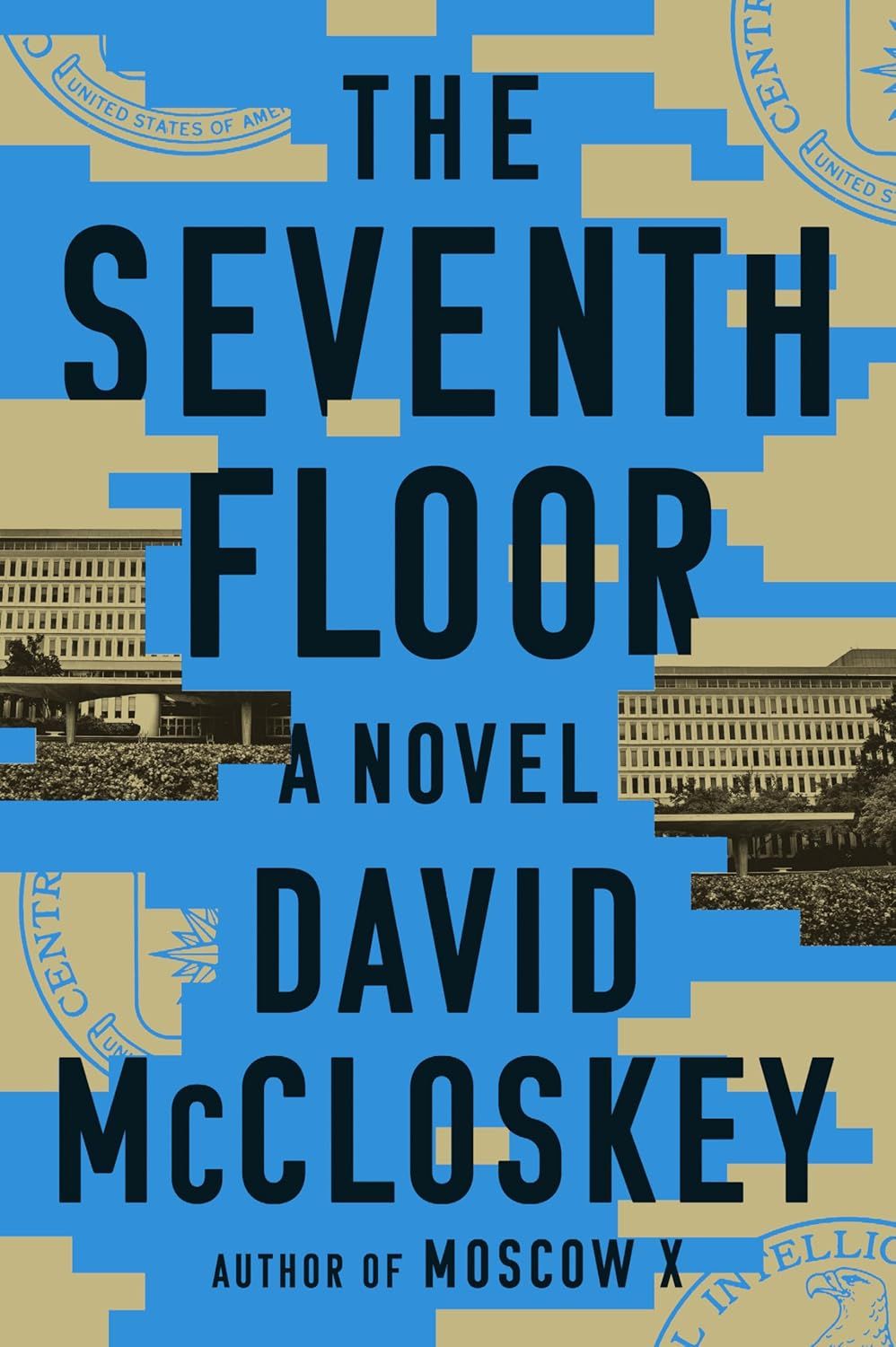
-
https://c.media-amazon.com/images/I/810stFXOyAL._SL1500_.jpg
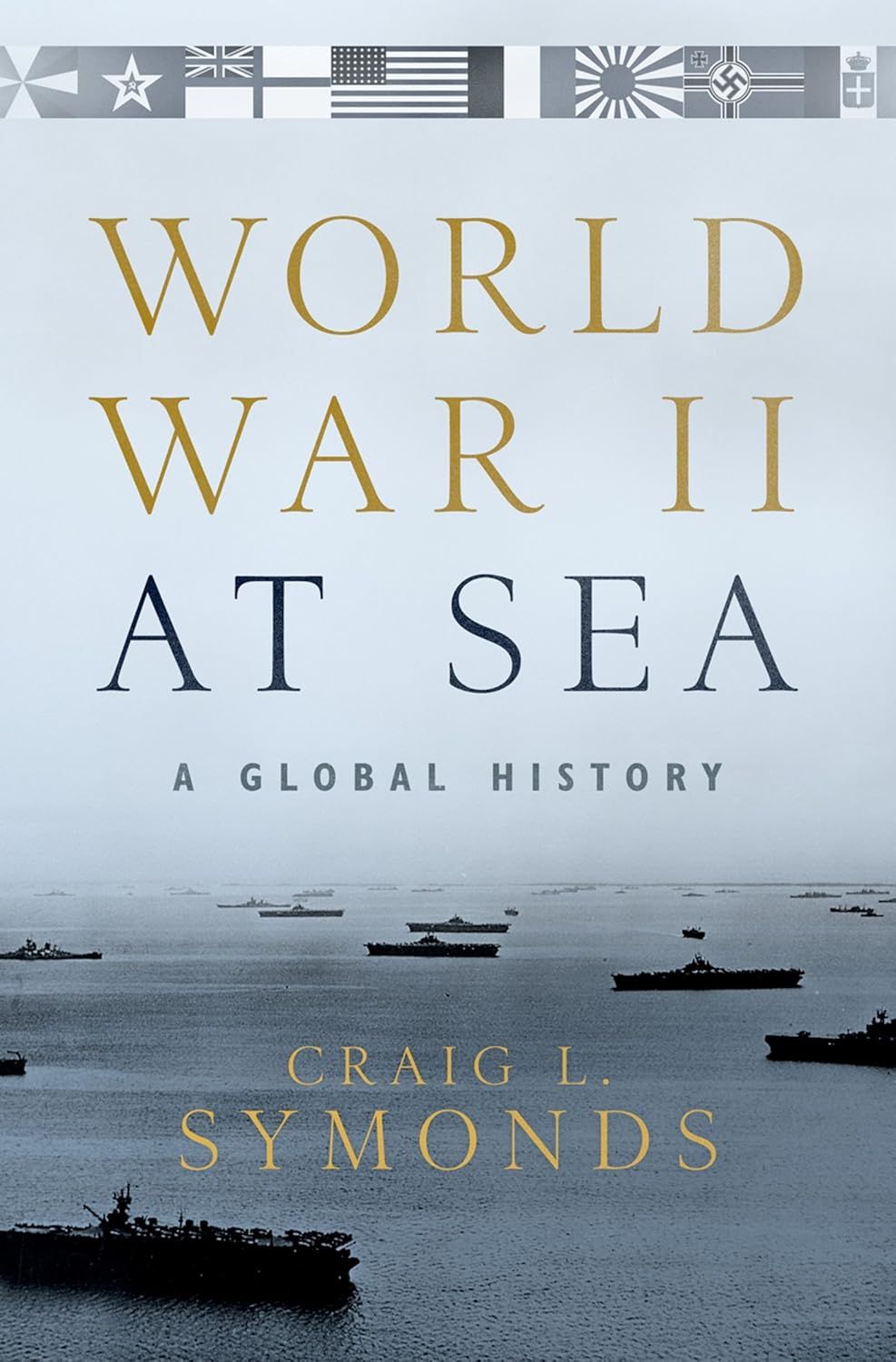
800 pages of WWII naval history. Love it.
@bachophile said in What are you reading now?:
https://c.media-amazon.com/images/I/810stFXOyAL._SL1500_.jpg

800 pages of WWII naval history. Love it.
Finished.
Absolutely the best work on naval WWII I’ve ever come across and I’ve tried a few.
It’s all encompassing but very readable.
-
I have been reading the Sean Duffy detective stories by Adrian McKinty. I have read four of them so far. All were quite good. Very atmospheric.
Below is the summary of the first book. Kind of reminds me of the LA detective series,
@George-K may like this
Northern Ireland, spring 1981. Hunger strikes, riots, power cuts, a homophobic serial killer with a penchant for opera, and a young woman's suicide that may yet turn out to be murder: on the surface, the events are unconnected, but then things--and people--aren't always what they seem. Detective Sergeant Duffy is the man tasked with trying to get to the bottom of it all. It's no easy job--especially when it turns out that one of the victims was involved in the IRA but was last seen discussing business with someone from the loyalist Ulster Volunteer Force. Add to this the fact that, as a Catholic policeman, it doesn't matter which side he's on, because nobody trusts him, and Sergeant Duffy really is in a no-win situation. Fast-paced, evocative, and brutal, The Cold Cold Ground is a brilliant depiction of Belfast at the height of the Troubles--and of a cop treading a thin, thin line.

-
